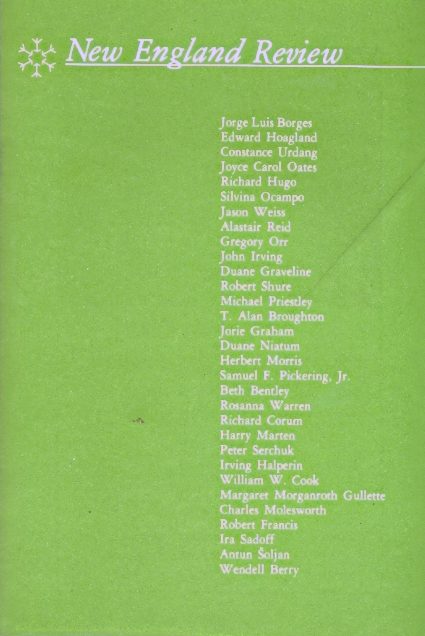NER contributors are still heating up the season! Part 2 our fall roundup spotlights poetry: nine profound, wide-ranging collections, and an illuminating book of prose that chronicles the creation of one of poetry’s most prestigious anthologies. Browse and shop these and other titles by NER authors on our Bookshop.org page.
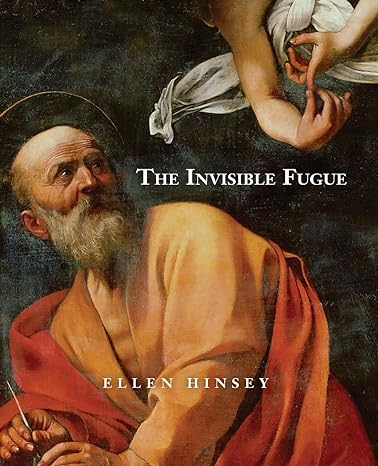
Wildhouse Poetry has just released The Invisible Fugue, the latest poetry collection from NER translator and international correspondent Ellen Hinsey. Artfully arranged with an unmatched socio-political thoughtfulness, The Invisible Fugue approaches metaphysics, the natural world, and beauty itself with signature elegance. Hinsey curates NER‘s Literature & Democracy column and has contributed to the series an interview with Tomas Venclova and translations of his poetry, and an essay about the 2023 Polish parliamentary elections.
From NYQ Books comes Lauren Camp’s eighth poetry collection, Worn Smooth between Devourings. Described by Poet Laureate of Mississippi Catherine Pierce as “wildly original” and “dense with beauty,” this collection plumbs the depths of despair, faith, and love in the wake of ecological tragedy and devastation. Camp’s poem “Winter of Tumult and Artifact” was published in NER 36.4.


Astonishing and otherworldly, Kazim Ali’s Sukun is available now courtesy of Wesleyan University Press. Sukun, named after the Arabic word for serenity and calm, invites readers to imbue the quotidian with spiritual resonance and transcend the false binary between body and mind. In a rave review, Publishers Weekly described the collection as “dazzling . . . contemplative yet grounded.” Ali’s work has appeared in multiple issues of NER, most recently volume 41.1.
A masterful interspecies opera, Rajiv Mohabir’s Whale Aria traces the parallels between humpback whales and the queer, Brown, migratory experience (Four Way Books). National Book Award winner Craig Santos Perez praised Mohabir’s embrace of “wholly new poetic forms from this iridescent ocean language,” describing the collection as “a revelation.” Mohabir’s poems “Immigrant Aria” and “Boy-Not-Boy” appeared in NER 38.4.
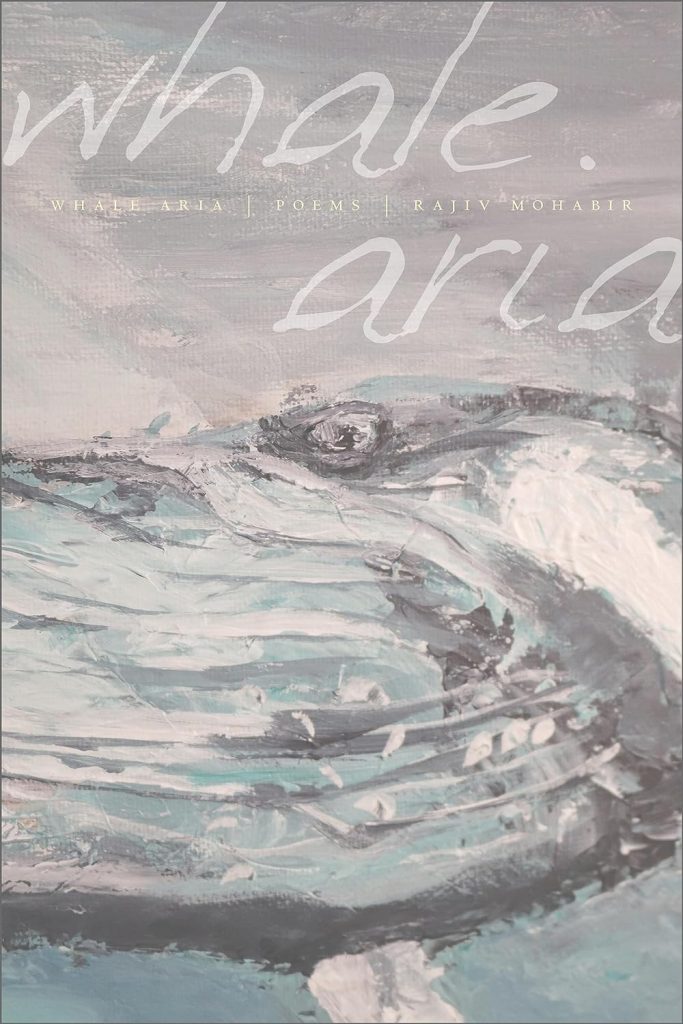

On September 15, Four Way Books published Creature, Michael Dumanis’s visceral new collection of poetry. Creature explores the fusion and dissonance between man and animal while considering what it means to live through an impending extinction event. Pulitzer Prize winner Jericho Brown called the collection “brilliant,” praising its focus and variety. One of Dumanis’s poems appeared in New England Review volume 23.1.
What Shines, the latest poetry collection by Pulitzer Prize finalist and NER founding editor Sydney Lea, is also out now courtesy of Four Way Books. In this precise and tender retrospective, Lea wrestles with questions of legacy, temporality, and youth, offering a dazzling look into a life devoted to family and observation. Lea’s essay “Robert Frost and the End of Poetry” appeared in issue 32.2.
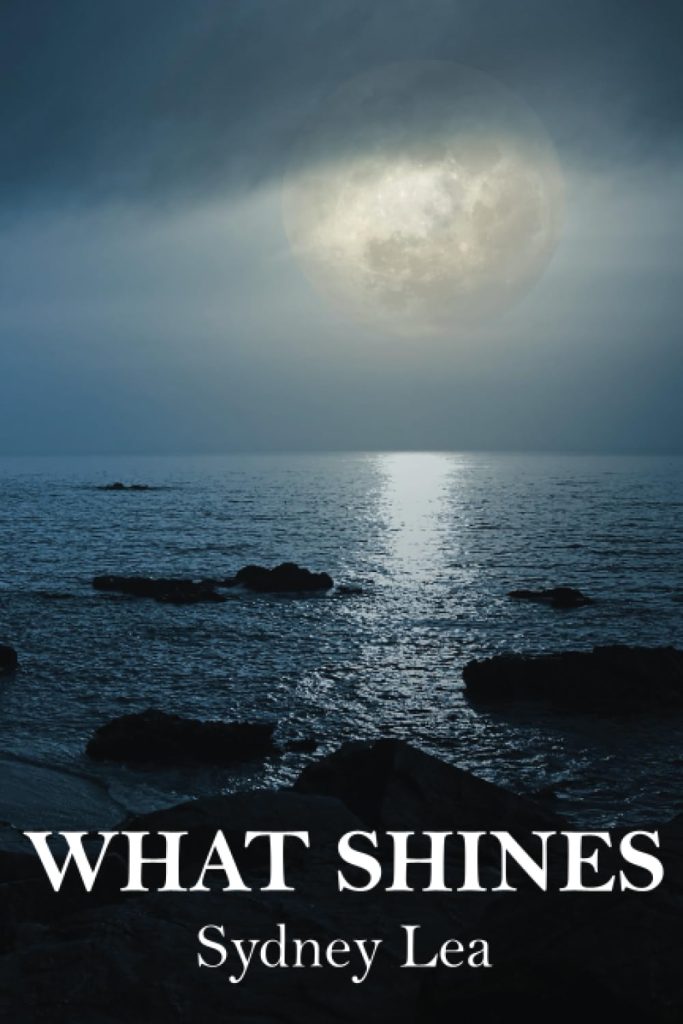
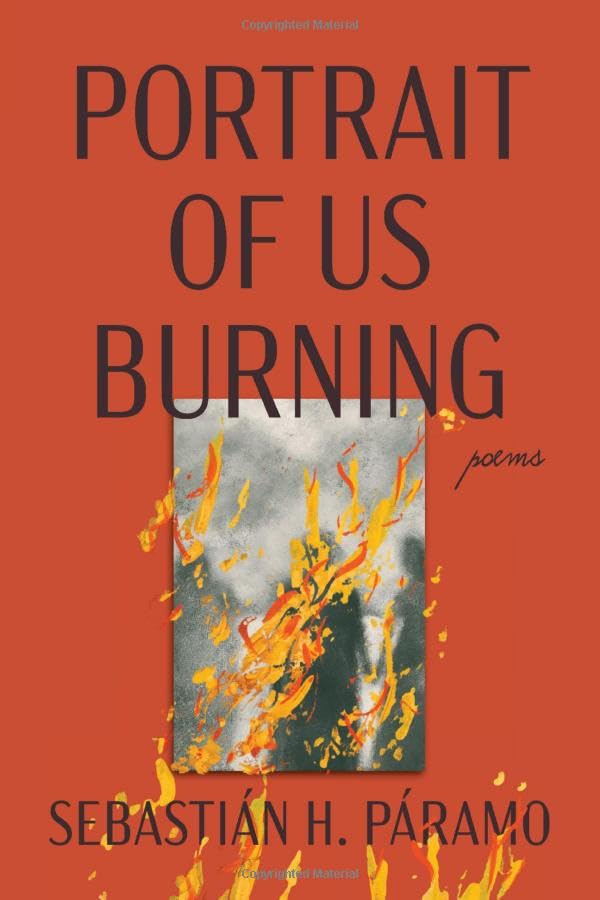
On October 15, Curbstone Books published Portrait of Us Burning, Sebastián H. Páramo’s affecting debut poetry collection. With refreshing candor, the self is examined and re-rendered in this semi-autobiographical work that traces Páramo’s relationship to family, the American South, and belonging. Poet Sara Borjas was touched by the work’s vulnerability and described the book as “glow[ing] with possibility.” Páramo’s poem “Blood & Breath” was published in NER 41.4.
Quiver, Luke Johnson’s first full-length poetry collection, released in early October from Texas Review Press. Hauntingly thorough, Quiver tackles masculinity, aging, and generational fatherlessness with unflinching stillness. Award-winning poet and NER contributor Ellen Bass called Quiver “a work of glorious complexity.” Johnson’s poems “Summer Service,” “Psalm for Third Base,” and “Above Oxbow Dam” appeared in issue 32.1.
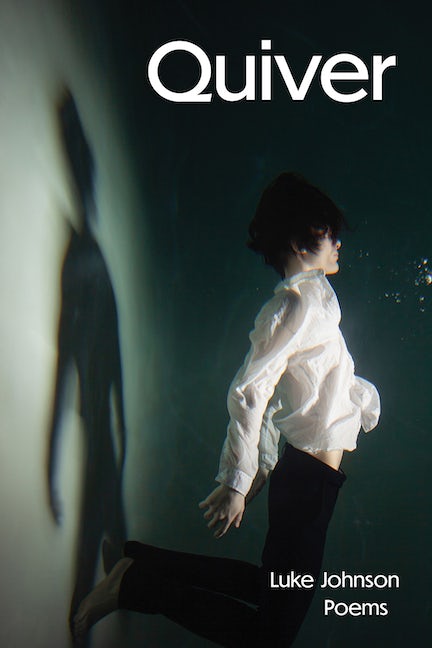
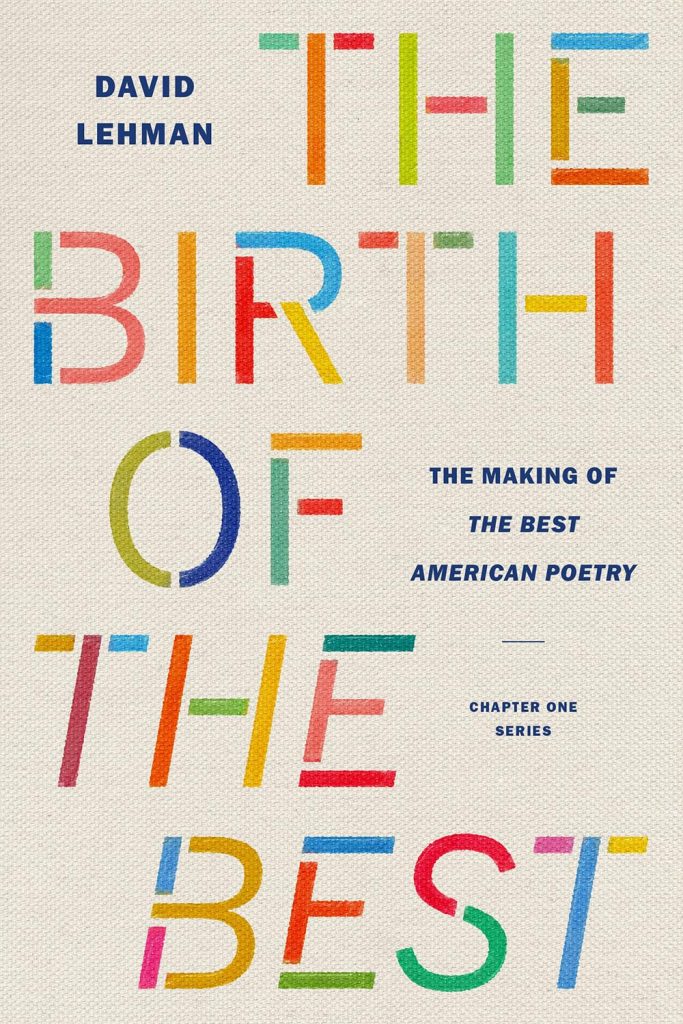
David Lehman gives us a peek behind the curtain in The Birth of the Best: The Making of the Best American Poetry (Marsh Hawk Press). In this illuminating work, Lehman chronicles his several-decades long career as founder and editor of Scribner’s The Best American Poetry. This invaluable work equips readers with the history of an iconic anthology, and an abundance of guidance for prospective and senior editors alike. Lehman’s poem “The Red Death” was published in issue 27.4.
Winner of the Minds on Fire Open Book Prize, Trey Moody’s second full-length poetry collection, Autoblivion, is out now from Conduit Books & Ephemera. Stirring and searching, Autoblivion attempts to reconcile paternal grief and parenthood in an age of unprecedented uncertainty. In a glowing blurb, Ocean Vuong complimented Moody’s ability to “estrange the mundane” through lyric. Moody’s poem “A Story About Death” was published in NER 40.4.
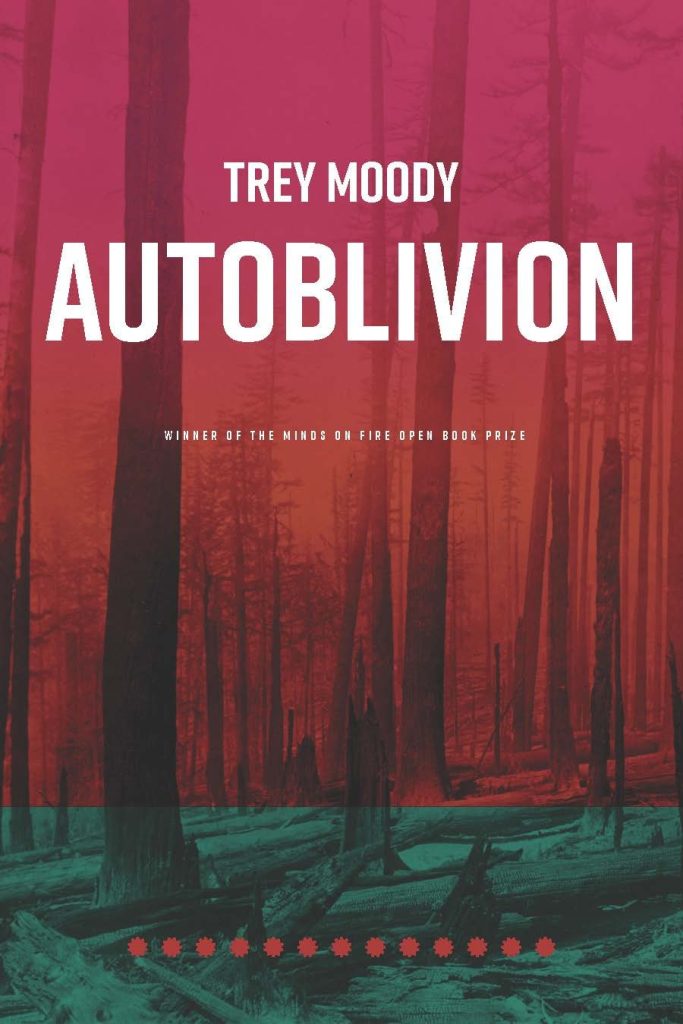
Find more books by NER authors on our Bookshop.org page.

